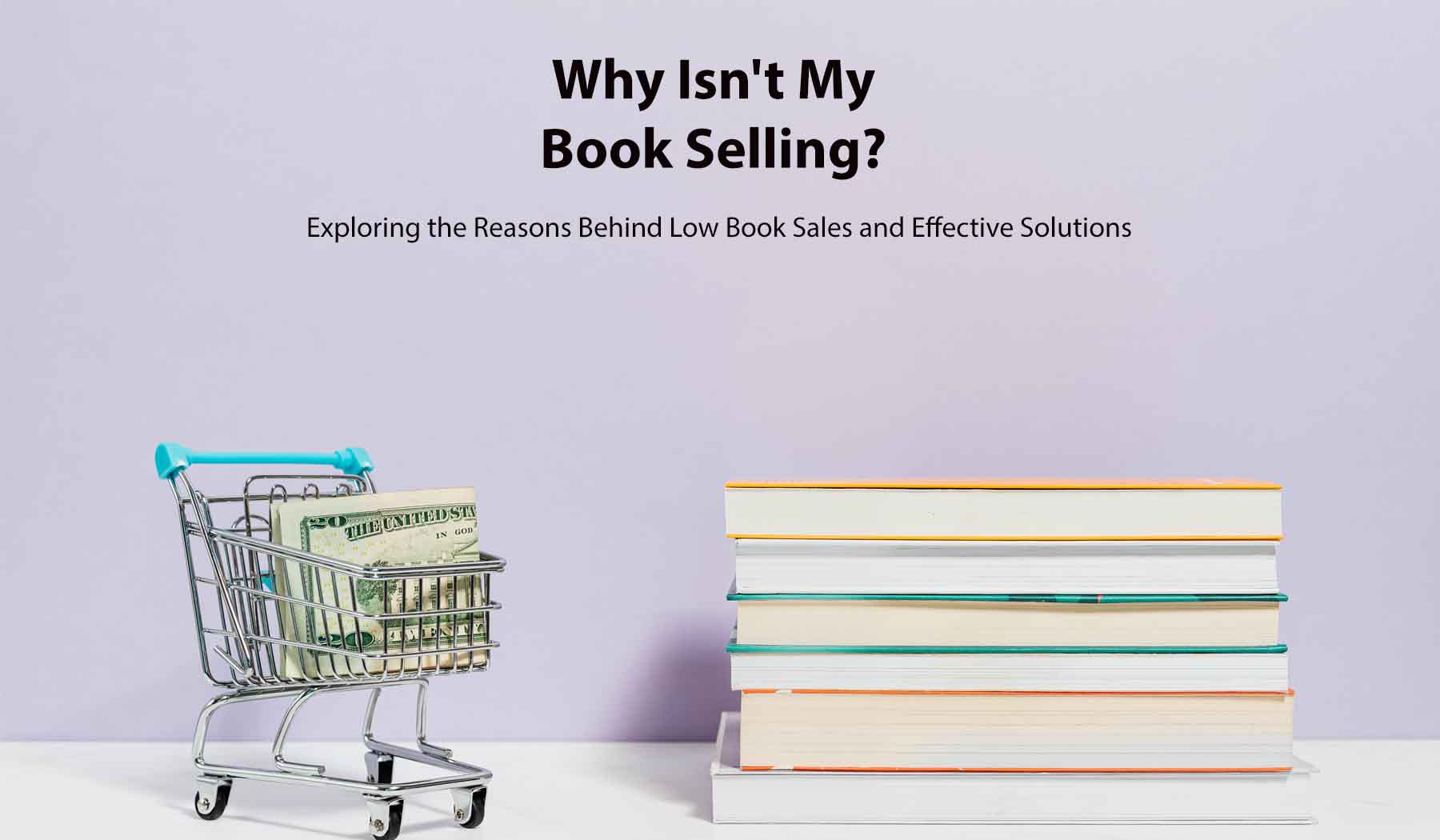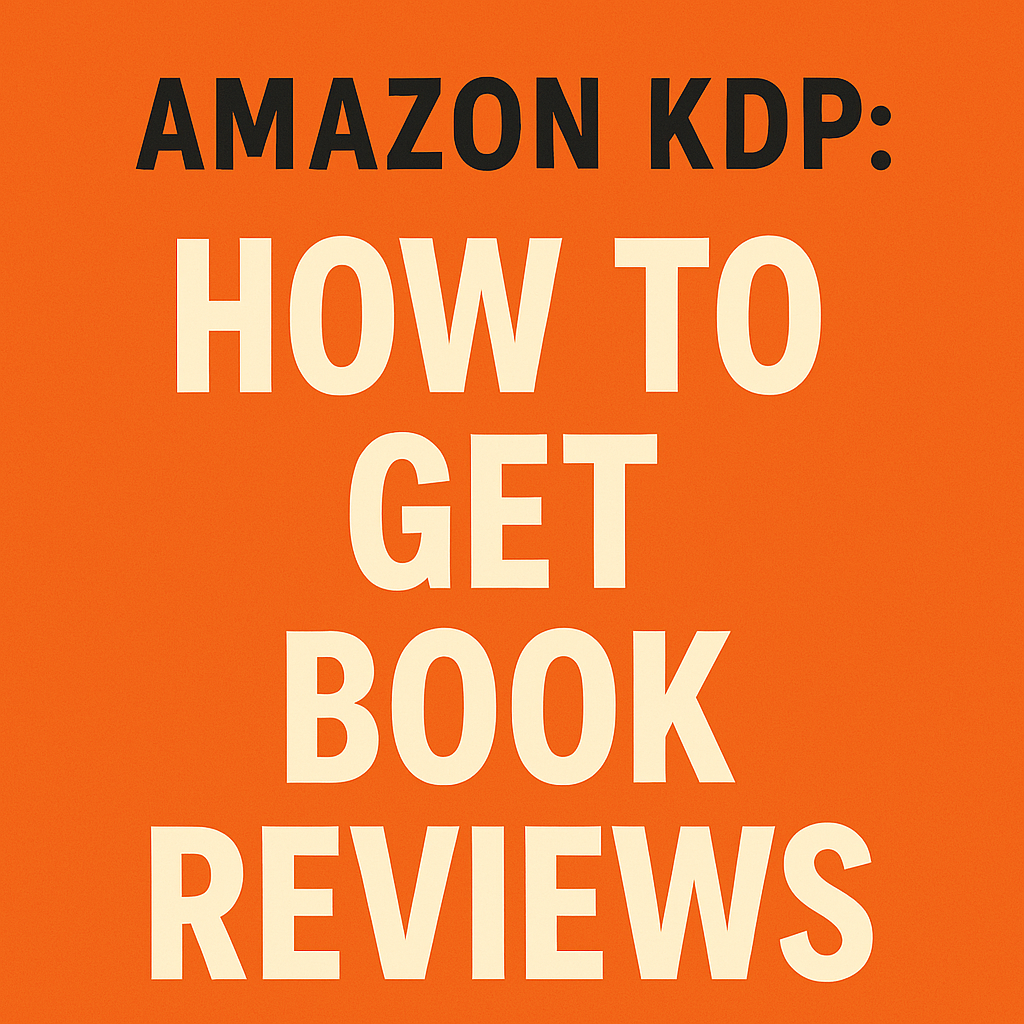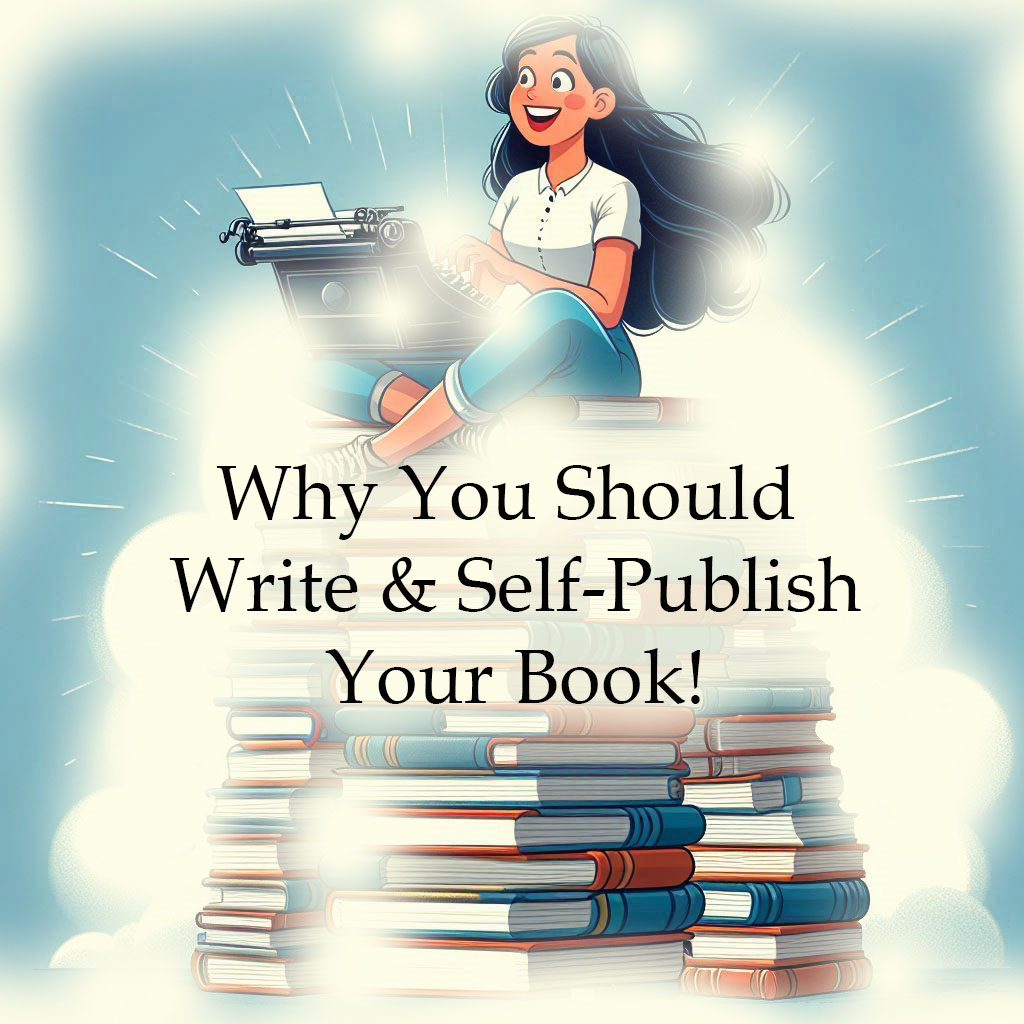As an aspiring author, there’s nothing more disheartening than pouring your heart and soul into a book, only to find it languishing in obscurity.
You’ve worked tirelessly, fine-tuning every sentence, crafting compelling characters, and weaving an engaging plot.
So, why isn’t your book selling?
Let’s explore the possible reasons behind low book sales and provide practical solutions to help you turn the tide. Let’s dive in!
1. Lack of Effective Marketing Strategies
a. Insufficient Online Presence
In today’s digital age, having a strong online presence is crucial for book sales.
If your book isn’t selling, it might be due to:
- Limited Social Media Engagement: Are you actively engaging with your target audience on platforms like Facebook, Twitter, Instagram, or Goodreads? Building a robust social media presence can greatly impact book sales.
- Ineffective Website: Is your author website visually appealing, user-friendly, and optimized for search engines? Consider enhancing your website’s design, providing valuable content, and implementing SEO strategies.
- Neglecting Email Marketing: Building an email list and sending regular newsletters can help you maintain a connection with your readers and promote your book effectively.
b. Inadequate Traditional Marketing Efforts
While digital marketing is essential, traditional marketing avenues should not be overlooked.
Evaluate whether you’re:
- Leveraging Local Bookstores: Are you engaging with local bookstores for author signings, readings, or book clubs? These activities can generate local buzz and expand your readership.
- Utilizing Print Media: Explore opportunities to secure reviews, interviews, or feature articles in newspapers, magazines, or literary journals to boost your book’s visibility.
- Neglecting Book Events: Attending book fairs, literary festivals, and conferences allows you to network with fellow authors, industry professionals, and potential readers.
2. Ineffective Book Cover and Blurb
a. Subpar Book Cover Design
As the saying goes, “Don’t judge a book by its cover,” but the reality is quite different. A poorly designed cover can be a significant deterrent to potential readers. Consider whether your book cover:
- Lacks Professionalism: Does the cover reflect the genre, tone, and content of your book? If not, it may be time to invest in professional cover design.
- Fails to Grab Attention: Is your cover visually appealing and eye-catching amidst the competition? It should captivate potential readers and entice them to pick up your book.
b. Weak Book Blurb or Description
The book blurb is your chance to enthrall readers and compel them to purchase your book.
Ask yourself:
- Is it Engaging and Intriguing? Does your blurb create curiosity and provide a compelling overview of your book’s plot and characters? Polish your blurb to make it captivating and attention-grabbing.
- Does it Convey Genre and Target Audience? Ensure your blurb clearly communicates the genre and target audience of your book, so readers know what to expect.
3. Insufficient Target Audience Research
Identify Your Ideal Reader
Understanding your target audience is essential for effective book marketing.
Consider whether you have:
- Conducted Adequate Market Research: Are you aware of your book’s target demographic? Conduct market research to identify the readers who are most likely to resonate with your book.
- Defined Your Unique Selling Proposition: What sets your book apart from others in the market? Identify your book’s unique features and tailor your marketing efforts accordingly.
4. Ineffective Book Distribution and Visibility
Getting your book into the hands of readers can be a challenge if your distribution and visibility strategies are lacking.
Evaluate the following areas:
- Limited Distribution Channels: Are you utilizing multiple channels for book distribution? Consider exploring options beyond online marketplaces, such as independent bookstores, libraries, or self-publishing platforms.
- Neglecting Ebook and Audiobook Formats: In today’s digital age, many readers prefer ebooks or audiobooks. Ensure your book is available in these formats to cater to a wider audience.
- Lack of Reviews and Testimonials: Positive reviews and testimonials can significantly influence purchasing decisions. Encourage readers to leave reviews on platforms like Amazon or Goodreads, and reach out to influencers or book bloggers for potential reviews.
- Insufficient Book Listings and Categorization: Is your book correctly categorized on online platforms? Ensure it appears in relevant genres and subcategories, making it easier for readers to discover.
5. Poor Quality or Editing
The quality of your book, both in terms of content and editing, can greatly impact sales.
Reflect on the following aspects:
- Writing Craft and Storytelling: Is your book well-written and engaging? Consider seeking feedback from beta readers or hiring a professional editor to improve the overall quality of your writing.
- Copyediting and Proofreading: Grammatical errors, typos, and inconsistencies can undermine the reading experience. Ensure your book has undergone thorough copyediting and proofreading to present a polished product to readers.
- Professional Book Formatting: Proper formatting enhances the reading experience and gives your book a professional look. Ensure your book’s interior design, font choice, and layout are visually appealing and error-free.
6. Insufficient Book Launch Strategy
The success of your book often hinges on a well-executed book launch.
Assess whether you’ve:
- Built Anticipation: Have you created a buzz around your book before its release? Generating excitement through cover reveals, pre-order campaigns, or teaser content can help drive initial sales.
- Engaged with Influencers and Bloggers: Collaborating with influencers or bloggers in your book’s genre can expand your reach and tap into their dedicated audiences.
- Leveraged Book Launch Events: Hosting virtual or in-person launch events, such as webinars, live readings, or Q&A sessions, can create momentum and generate interest in your book.
7. Lack of Continued Promotion and Visibility
Book sales require ongoing effort even after the initial launch.
Consider whether you’re:
- Maintaining Author Platform: Continuously engage with your audience through social media, blog posts, or newsletters. Keep them updated about your writing journey, future projects, or exclusive content to nurture reader loyalty.
- Exploring Collaborations: Seek opportunities to collaborate with other authors, participate in anthologies, or contribute articles to relevant publications. These collaborations can expand your network and introduce your book to new readers.
- Running Promotions and Discounts: Periodically offer promotional discounts or limited-time deals to incentivize potential readers to purchase your book.
- Investing in Advertising: Consider allocating a budget for targeted online advertising on platforms like Amazon Ads, Facebook Ads, or BookBub to increase your book’s visibility.
8. Lack of Persistence and Patience
Finally, it’s essential to recognize that book sales take time and perseverance.
Don’t be discouraged if your book doesn’t skyrocket to success overnight.
Keep honing your writing skills, adapting your marketing strategies, and consistently promoting your book.
In Conclusion
If your book isn’t selling, it’s crucial to evaluate various aspects of your writing, marketing, and distribution strategies.
By identifying potential areas for improvement and implementing targeted solutions, you can increase your book’s visibility and ultimately boost sales.
Remember, success in the publishing industry is a combination of talent, persistence, and effective marketing.








